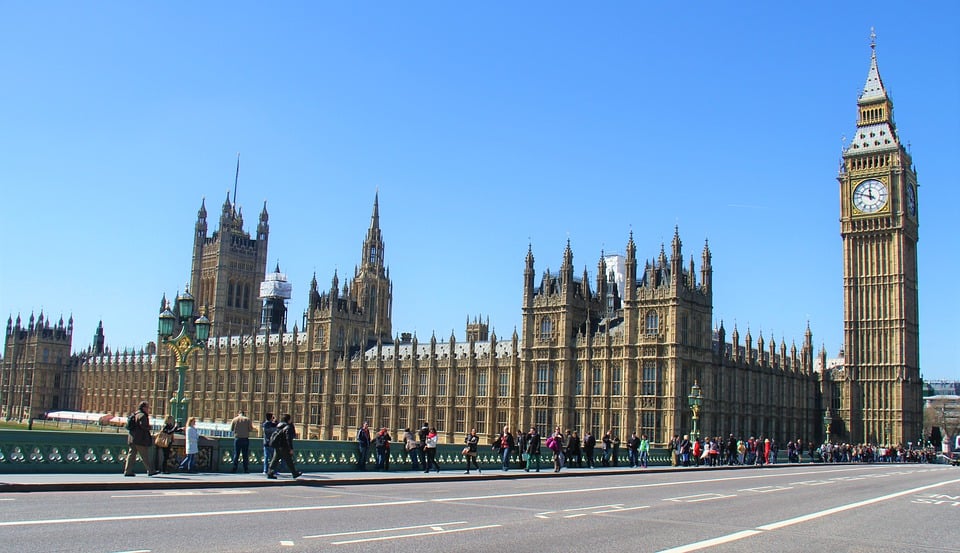To many it may seem obvious what a lie is. Most dictionary definitions define a lie as follows: “to speak falsely or utter untruth knowingly, as with intent to deceive. To express what is false; convey a false impression.” However, our Polygraph Examiner in Leeds has noticed a developing trend recently whereby lies have become something quite different. This especially applies to politicians and the perception some people have of what they say.
Interaction on social media, particularly on Twitter, is littered with users calling each other liars. In some cases they may well be liars but often they are not. Expressing an opinion doesn’t make you a liar. You may not agree with someone’s opinion and believe it to be erroneous but opinions are not lies. Of course, you could be lying about your opinion but it’s unlikely. And naturally your opinion can change. So let’s look at some of those interactions and identify the lies.
Theresa May
Opponents to Theresa May’s government and the Conservative Party have tweeted many times that Theresa May lied about three main things:
1) Leaving the EU
She said Britain would leave the European Union on the 29 March 2019. It’s true that she and other members of her party said this many, many times as can be seen in clips from her speeches below.
As we are all aware, Britain didn’t leave the EU on that date and still hasn’t. However, it only becomes a lie if every time Theresa May said it, she knew it was untrue. The only way to prove that would be if she took a lie detector test. During her time as Prime Minister she certainly appears to have put considerable effort into negotiating a deal with the EU. It’s logical to assume she didn’t expect that her deal would be voted down 3 times in parliament. Had it not been, there is every chance that Britain would have left the EU on 29 March 2019.
2) No general election
Theresa May said many times after she became PM that she would not call a General Election until 2020. In many interviews she stated this vehemently as can be seen in the video below.
In reality she called a GE on 8 June 2017. So was she lying when she said she wasn’t going to call one until 2020? It’s fairly unlikely that she was. She may have believed that she wouldn’t call one on the occasions she said it. However, as tides of popularity shift in politics it could easily be that she, or her party, changed her mind.
3) No deal is better than a bad deal
Almost a slogan with Mrs May was “No deal is better than a bad deal”. Both Brexiteers and Remainers consider she lied about this. Voters on both sides of the spectrum considered that the deal she negotiated was a very bad one. And it’s clear that parliament agreed.
So, given the 3 alleged main lies the truth is difficult to define. What is clear is that no one knows whether they were lies, deliberate or otherwise. Equally, we don’t know if they were designed to deceive.
Boris Johnson
History appears to be repeating itself with Mr Johnson consistently stating that Britain will leave the EU on 31 October 2019, with or without a deal. Just as Theresa May repeated many times that Britain would leave on 29 March 2019.
The Benn Act which was passed on 9 September 2019 obliges the Prime Minister to seek a further extension if a deal has not been negotiated and approved by parliament by 19 October 2019. In a BBC interview, 8 days after the Benn Act was passed Boris Johnson said that it may be necessary to leave the EU on 31 October 2019 without a deal. You can see that interview below:
This has prompted many to say that he is telling lies mainly because the Benn Act makes it almost impossible for him to leave on October 31 without a deal. The interviewer presses Boris Johnson on how he proposes to leave on that date when the law stops him. His response is to assert that Britain will leave on the stated date.
We have no way of knowing whether this is a lie or not, simply because we have to wait until 31 October to find out.
Polygraph examiner in Leeds
As a polygraph examiner in Leeds, I and many of my colleagues nationwide have been prepared to administer lie detector tests to politicians. Lie Detector Test UK has issued invitations over several months to many of them. Unfortunately none have been accepted.
There is a general consensus that most people are tired of the uncertainty surrounding Brexit. Part of that uncertainty could be alleviated if we could determine whether our politicians are telling the truth or not.
As always we welcome our readers’ comments.


